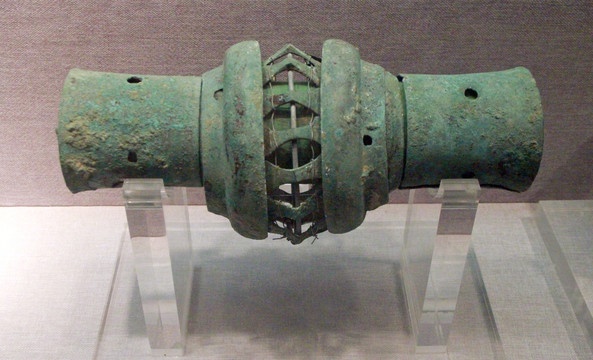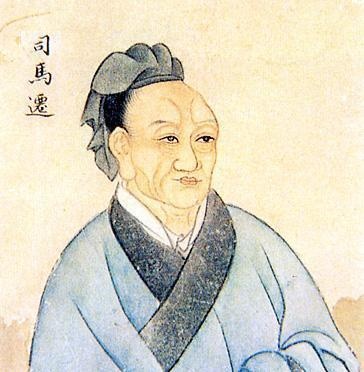The thing about Chinese is that you never stop learning the language. I started learning Chinese when I was young. I would say I am just an average Joe when it comes to the Chinese language. I am able to read any Chinese news media generally which meant I would have at least a basic level of literacy in Chinese requiring familiarity with around 2,000 to 3,000 characters.
Do note that the total number of Chinese characters in existence is significantly larger, estimated to be over 50,000 (the Kangxi Dictionary compiled during 18th century Qing period has 47,043 characters). However, many of these characters are archaic and are not commonly used in contemporary written Chinese these days. I think the General Standardized Chinese Character List published by China’s Ministry of Education includes some 8300 characters for modern day use.
But simply knowing the characters themselves is not sufficient for complete understanding. One would need to build up vocabulary too including the learning of the many Chinese idioms. For me, I would say learning Chinese has always been an ongoing process. Just the other day, I came across a Chinese idiom:
“辇毂之下”
I kind of recognize the character 辇 (nian) but not 毂 (gu). Luckily we have google these days which greatly simplify looking up for information. Both characters 辇毂 are hardly used these days. 辇: In ancient times, it refers to a kind of carriage pulled or carried by humans (that is why you see 2 夫 or people characters on top of the 车 or carriage character). However, it has evolved to specifically refer to carriages used by the Emperor or royalties. 毂: This character is even more antiquated. It refers to the axle hub used underneath an ancient carriage, connecting the axle and wheels together.

Hence, 辇毂 essentially refers to Emperor’s carriage. And with 辇毂之下, it means the place under the Emperor’s carriage, referring to the capital city. So, if you see a modern day write-up using this phrase, it meant Beijing.
Many of these Chinese idioms contain old archaic characters which may not mean anything by themselves in today’s context but unfortunately, the idioms they formed are still in use today and that means continuous learning, at least for me. Furthermore, many of the Chinese idioms are linked to its history. In the case of 辇毂之下, the idiom was derived from a letter《报任安书》 written by then Han dynasty grand historian Sima Qian to his friend Ren An (任安).

The letter talks about Sima Qian’s own feeling of having to endure the humiliation of being castrated and live on his life for the sake of completing《史记》(Records of the Grand Historian), the monumental general history of China covering more than two thousand years beginning from the rise of the legendary Yellow Emperor to the reigning sovereign Emperor Wu of Han in Sima Qian’s time. Sima Qian’s work served as a model for official history-writing for subsequent Chinese dynasties.
In case you are wondering what Sima Qian did to warrant his castration by Emperor Wu, in 99 BC at the northern border of Han dynasty, imperial forces surrendered to the barbarians. The news was greeted with shock and anger. Sima Qian who was a court official at the time, spoke up for the defeated general. The general had committed treason by surrendering and Sima Qian defended him. Emperor Wu became more incensed and threw him into prison. In the end Sima Qian was offered an unenviable choice – death or castration. To his contemporaries, death was the only honourable option but Sima Qian had a bigger vision in mind as he wanted to complete the grand history book for posterity. Sima Qian’s father had been court historian before him and had started the project. Before his father passed away, Sima Qian had promised to complete his father’s epic work. So, he chose castration so that he could complete his father’s work.
Here’s the part of the letter Sima Qian wrote, which contains the words 辇毂 (bottom of text):
“仆闻之:修身者,智之符也;爱施者,仁之端也;取予者,义之表也;耻辱者,勇之决也;立名者,行之极也。士有此五者,然后可以托于世,列于君子之林矣。故祸莫憯于欲利,悲莫痛于伤心,行莫丑于辱先,诟莫大于宫刑。刑余之人,无所比数,非一世也,所从来远矣。昔卫灵公与雍渠同载,孔子适陈;商鞅因景监见,赵良寒心;同子参乘,袁丝变色:自古而耻之!夫以中材之人,事有关于宦竖,莫不伤气,而况于慷慨之士乎!如今朝廷虽乏人,奈何令刀锯之余,荐天下之豪俊哉!仆赖先人绪业,得待罪[辇毂]下,二十余年矣,”
As you can see, I am still learning Chinese.